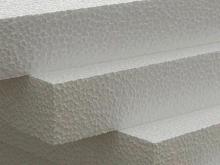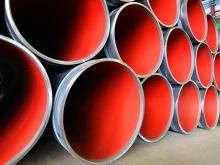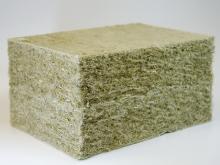The efficient production of the cement
Portland cement – the product of the fine crushing of the clinker derived by a burning till the caking of raw mix which consists of carbonate components (limestone, chalk, shell rock, calc-tuff, marble, marl) and clayey componenets (clay, cinder, slime) and corrective ingredients. The best raw carbonate component is the lime marl which contains 75-80% CaCO3 and 20-25% of clay. More often on cement works there is used the limestone – artificial blends: CаО –63-66%. KaО2 – 21–24%, Аl2О3 – 4–8%, Fe2O3 – 2–4%.





